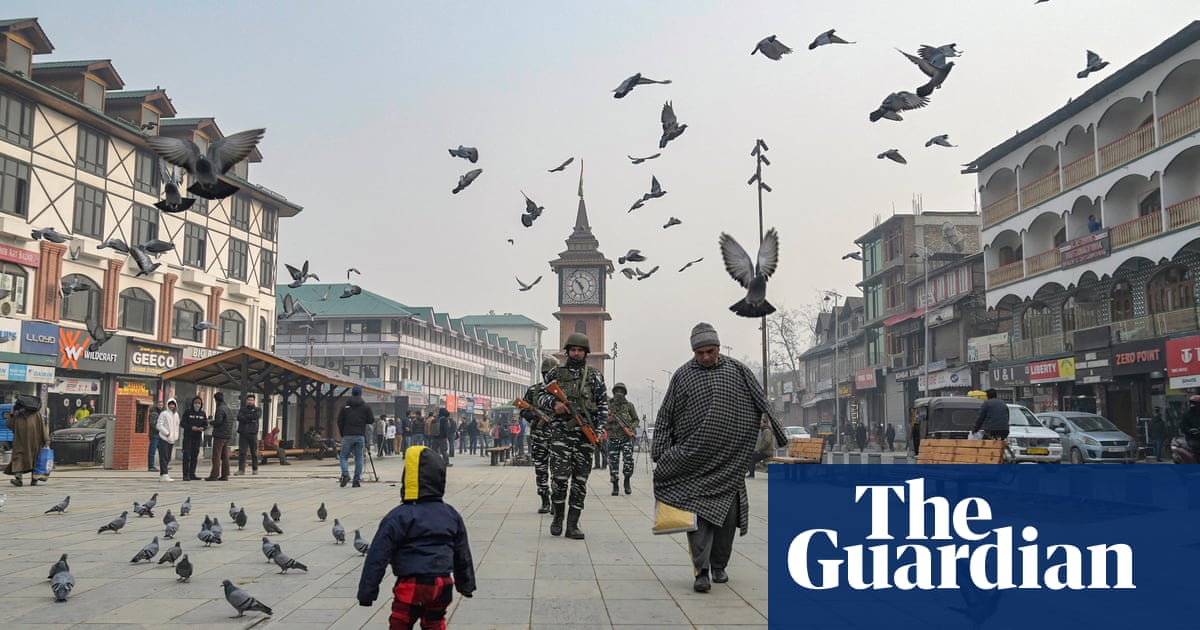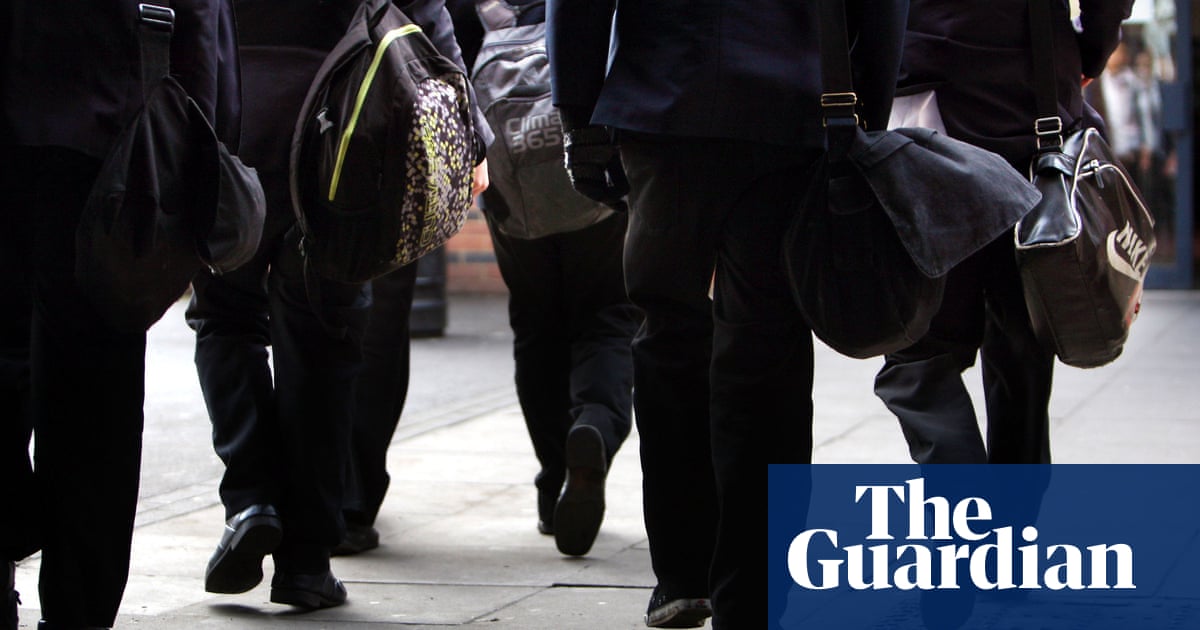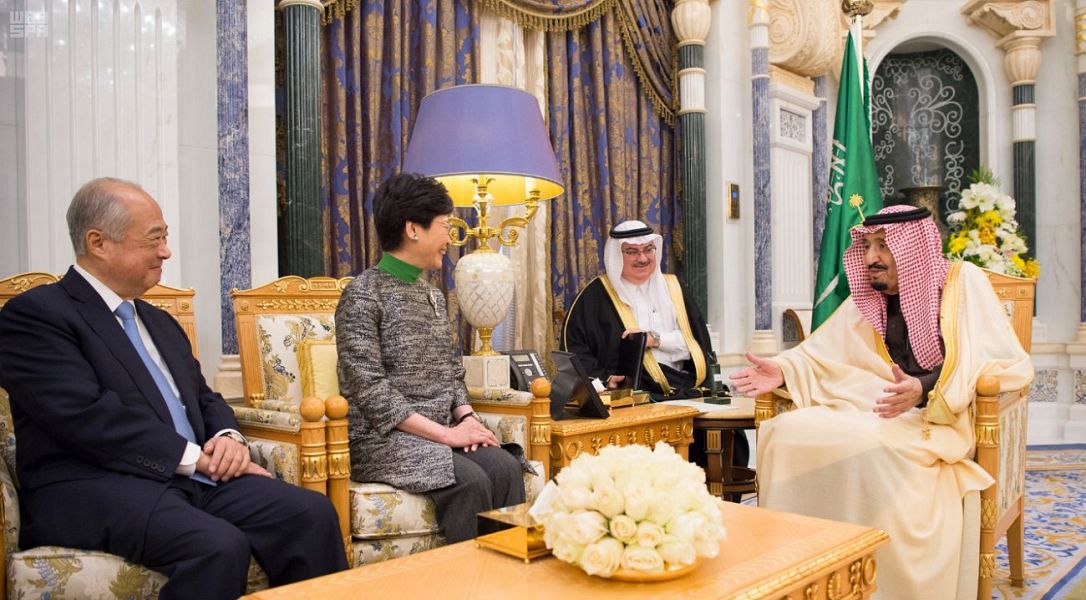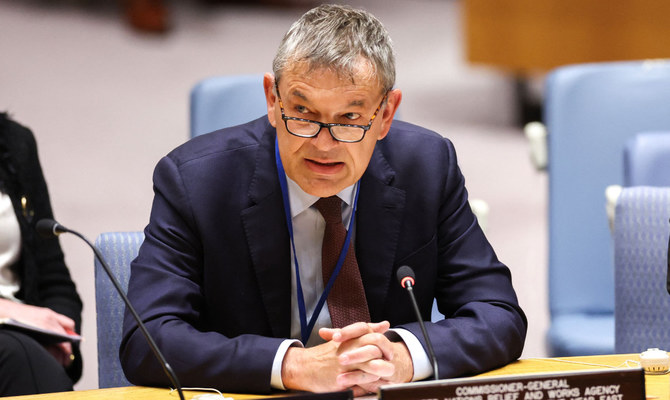
Senior Hong Kong government officials have criticised moves by Donald Trump to strip the city of its special status in a bid to punish China for imposing national security laws on the global financial hub.
Speaking hours after Trump said the city no longer warranted economic privileges and some officials could face sanctions, security minister John Lee told reporters on Saturday that Hong Kong’s government could not be threatened and would push ahead with the new laws.
“I don’t think they will succeed in using any means to threaten the (Hong Kong) government, because we believe what we are doing is right,” Lee said.
Justice minister Teresa Cheng said the basis for Trump’s actions was “completely false and wrong”, saying the need for national security laws were legal and necessary.
In some of his toughest rhetoric yet, Trump said Beijing had broken its word over Hong Kong’s high degree of autonomy from Beijing, by proposing the national security legislation and that the territory no longer warranted US economic privileges.
“We will take action to revoke Hong Kong’s preferential treatment as a separate customs and travel territory from the rest of China,” Trump said, adding that Washington would also impose sanctions on individuals seen as responsible for “smothering - absolutely smothering - Hong Kong’s freedom”.
Trump told reporters at the White House that China’s move on Hong Kong was a tragedy for the world, but he gave no timetable for the moves, leaving Hong Kong residents, businesses and officials to ponder just how far his administration will go.
The American Chamber of Commerce in Hong Kong said Saturday marked “a sad day” for China’s freest city. “This is an emotional moment for Americans in Hong Kong and it will take companies and families a while to digest the ramifications,” AmCham President Tara Joseph said in a statement.
“Many of us ... have deep ties to this city and with Hong Kong people. We love Hong Kong and it’s a sad day,” she said, adding the chamber would continue to work with its members to maintain Hong Kong’s status as a vital business centre.
China’s parliament this week approved a decision to create laws for Hong Kong to curb sedition, secession, terrorism and foreign interference. Mainland security and intelligence agents may be stationed in the city for the first time – moves critics say put the city’s extensive freedoms at risk.
Authorities in Beijing and Hong Kong insist the legislation will target only a small number of “troublemakers” who threaten China’s national security. They say such action is urgently needed after months of sometimes violent anti-government protests rocked the city last year.
Protests are simmering again as Hong Kong emerges from its coronavirus shutdown. Demonstrators are expected to take to the streets on Sunday.
Trump did not name any sanctions targets but said the announcement would “affect the full range of agreements we have with Hong Kong”, including the US-Hong Kong extradition treaty to export controls on dual-use technologies and more “with few exceptions”.
What could losing US ‘special status’ mean for Hong Kong?
While Trump vowed to strip the city of certain trade privileges, saying Beijing’s plan to impose a sweeping national security law on the semi-autonomous city was a “tragedy”.
But he was light on specifics and the declaration could end up being little more than symbolic.
In the run-up to Britain returning Hong Kong to China in 1997, a “one country, two systems” deal was forged to allow the city to maintain certain freedoms and autonomy for 50 years.
Those liberties included a free market economy, an independent judiciary, free speech and legislative autonomy.
As a result, many countries, including the United States, brought in laws that allowed them to treat Hong Kong as a separate trade entity to the authoritarian and economically restrictive mainland.
The arrangement allowed Hong Kong to flourish into a world-class financial centre on a par with London and New York.
The decision to begin revoking Hong Kong’s special status was sparked by growing fears that Beijing is prematurely stamping out freedoms.
Of most recent concern is a plan to ban subversion and acts endangering national security after months of pro-democracy protests last year.
Julian Ku, an expert on international law at Hofstra University, said the president has “lots of flexibility”.
“I expect him to take some major steps that would show China he is serious, but not to change every US law that applies to Hong Kong,” he said.












